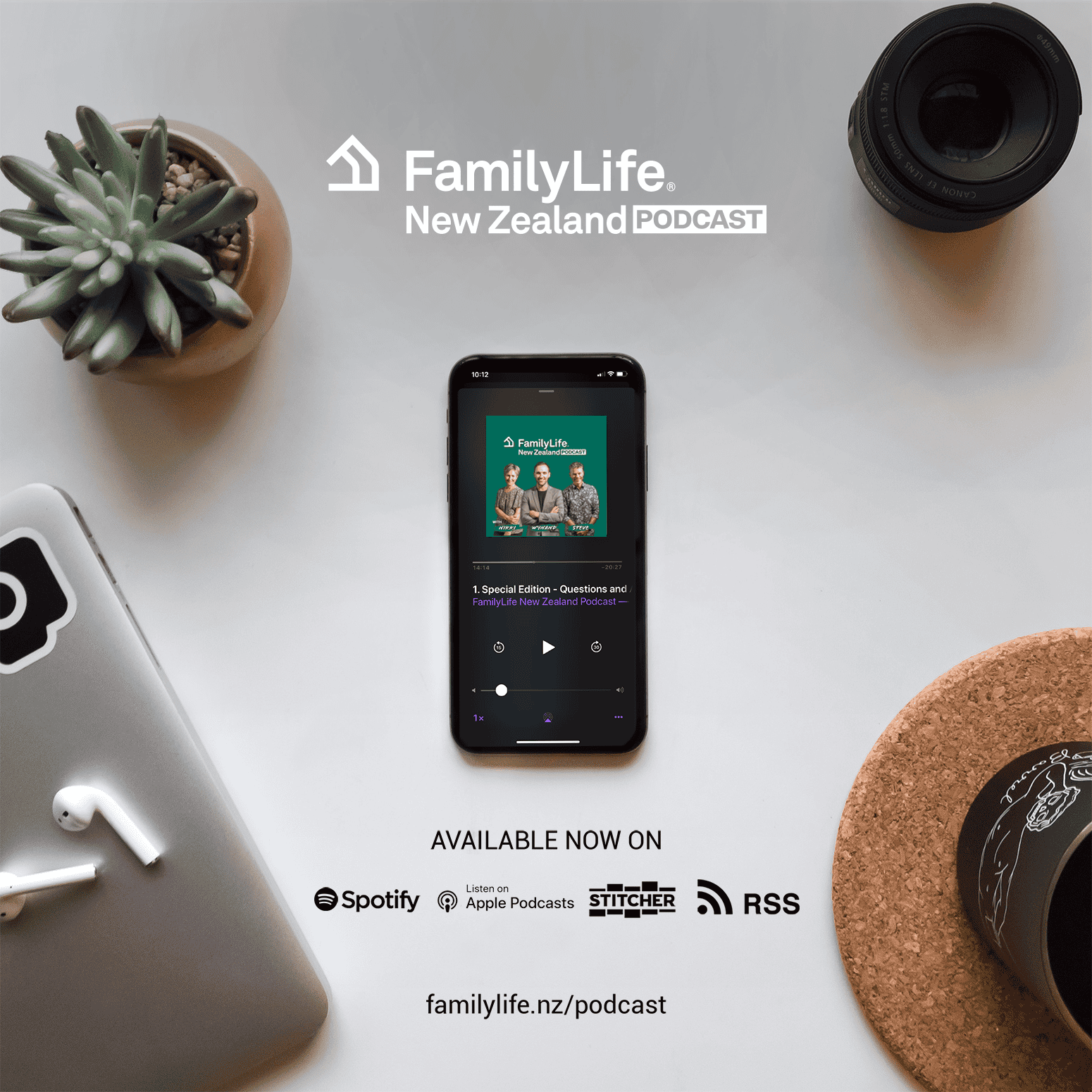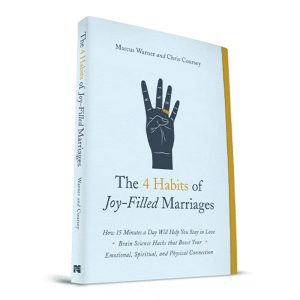You may be thinking “Did I hear you right?” Or “What planet are you on right now? We are in lockdown and you’re suggesting I get a new relationship?”
Yes, you are hearing me right, and yes, I am still here on planet earth, fully aware of what is currently happening with Covid-19. We are in lockdown. We are isolating ourselves from communities, workplaces and learning institutions yet while we do so, this is not the time to be isolating from our significant other. Now, more than ever, is the time to emotionally connect with those we are doing lockdown with. Now is the time to maybe even get a new relationship, a better relationship, a healthier relationship. Emotionally it could be the opportunity of a lifetime.
I’m encouraging us to use this time wisely and to get a new relationship, but with the same person.
An article came out recently in the Herald quoting Baroness Shackleton, a top UK lawyer. In it, Shackleton claims, that with people being confined together for long periods of isolation, divorce is likely to escalate. Lawyers’ services tend to peak after summer holidays and Christmas, and so she is supposing that the same will happen as tensions that were already there will be brought to the surface. Let’s prove them wrong Kiwis.
When I married my husband Andy in 1990 life was great as he’d just had a successful kidney transplant. (Previously he’d lost his kidneys to a strep throat infection and his first marriage had come to an end after a few years of him being on a kidney dialysis machine). We back packed around Europe for a six month honeymoon, had our three children in quick succession (as we didn’t know if we could have children if Andy ever lost his transplant), organised the first ever national team to complete in the World Transplant Games in Singapore (Andy carried the flag at the opening ceremony), and we left our careers in Corporate Design and brand marketing to head up a charitable Trust called FamilyLife.
No stranger to tough times
In our 28 years of marriage, we did seventeen of them with Andy on a kidney dialysis machine. Andy battled cancer and lost his transplant. He suffered a stroke and survived two heart attacks. Our greatest loss was the death of our 16 year old daughter Natasha (together with her teacher and her friends) in the Mangatepopo tragedy in 2008. Andy was the media spokesperson for the families during that time. You may remember his face. And then in June 2018 Andy passed away suddenly and unexpectedly.
Life got just about as hard as you can imagine! As I look back over our time together there were a lot of difficult and painful adjustments to situations that weren’t of our choosing. There were times of selfishness as we grieved differently. There were times of putting little effort into our marriage because, quite frankly, neither of us had the capacity to do more than the basics. There was a process of letting go of unrealistic expectations, and there was a concerted effort to choose to love one another even when we didn’t feel like it.
If all we’d had to hold on to was the fairytale that you get married and live ‘happily ever after,’ we wouldn’t have enjoyed 28 years of marriage – we just weren’t that good!
Thankfully in our second year of marriage we went to a couples’ retreat where we learnt foundational principles about how to do relationships and life well. Committing to applying these principles even when we didn’t feel like it, ensured that two very ordinary people thrived in extraordinary circumstances. And I’m so glad we did. You see, despite our circumstances, we enjoyed a relationship that was life giving, meaningful, intimate and fulfilling. In 1995 we became the Directors of that organisation and here at FamilyLife our team has been teaching couples how to have strong, passionate, successful relationships ever since.
Go Vertical!
Life right now is unfamiliar
Covid-19 has shrunk our world as we retreat to our four walls. For some people it will be an adventure, a welcome opportunity to slow down and be with those we love and a time to re-calibrate. For many others it will be a stressful time. Employment may become uncertain and bring financial implications; new structures for working from home will become necessary, and relationship and parental conflicts may rise to the surface as we do life around one another 24/7. So, practically, what steps can we take to build long lasting relationships during stressful times?
Control the controllables
At this moment in time much is out of our hands, but that doesn’t mean everything is. Reign back the tendency to catastrophise, and give each other permission to gently ‘call you out on it’. Ask ourselves, ‘what do I have influence over at this time?’ Becoming aware of our own sense of influence helps steady emotions and allows our brains to slow down and gain perspective. Managing ‘me’ and ‘my emotions’ is every person’s primary function. While this is a scary time for most, we don’t want to be scary and show fear around others, especially young children.
We have to be careful to differentiate facts from fears.
We used to have mottos on our fridge when our kids were growing up, one of which was a Robert Louis Stevenson quote, “Make the most of the best and the least of the worst.” Seeing that whenever we opened the fridge door was a constant reminder to choose to focus on the good. We weren’t being unrealistic by denying the bad, but choosing to rehearse our good memories rather than dwelling on the difficult ones enabled us to move forward with confidence and not get stuck.
Allow each other the freedom to process feelings
The interesting thing about relationships is that we tend to be attracted to those who are opposite to us; the optimist marries the pessimist, the external processor loves the internal processor and the extrovert is attracted to the introvert. We often appreciate these differences in harmonious times, but in stressful times we can become more self-centred and can tend to believe that we are right and the other is wrong. Remember that is not the case, we are just different. Resist the urge to try and ‘fix’ the other person as if they are wrong in their perspective. The most caring response is to listen and validate the other – when we feel heard and understood, we feel loved.
Be kind in how we communicate with one another
Carefully chosen words are the best way to express thoughts, feelings and desires. Think before we speak and remember not everything we’re thinking needs to be expressed – sometimes silence really is golden. For those of us who are external processors there is the need to just say everything that we’re thinking and feeling, but our partner is not there to meet every single need we have. We have friends who can also listen – ensure that you keep conversing with others outside of your relationship.
Speak in a way that encourages not discourages
Someone once said that encouragement is like oxygen to the soul. I like that picture. Encouraging words breathe life into another person. Take time to voice our positive thoughts and feelings. Simply noticing and acknowledging what our partner is doing can truly change the tone of our home. “Thank you for emptying the dishwasher”, “I appreciate the way you read to the kids every night”, “I notice all the small daily sacrifices you make to keep our family thriving, and I’m proud of you”. Our partners aren’t mind readers – we need to say those words, not just think them.
You may be thinking, there isn’t much to be thankful for – but can I encourage you to proactively look for something you can appreciate and then acknowledge it. We all want to be noticed and appreciated, and the more we are, the more we respond positively with our actions. We can set up an encouragement jar (kids love this stuff) where we write anonymous notes to one another and then take turns to read them out at dinner time.
And finally, we can lean into one another
John Gottman, founder of the Gottman Institute calls it “turning towards”. He says that we are constantly making little bids for connection with one another. It might be as simple as someone saying, “I read a news story online today”. We have a choice at that moment to turn towards and engage with the person, or ignore them and figuratively turn away. The more we notice those bids and turn towards, the more intimacy and trust it creates.
As you distance yourself from others, draw closer to each other. Manage your emotions wisely, embrace one another’s differences, encourage and appreciate one another and turn towards each other.
At FamilyLife we want to be there to assist you as best we can. On our FamilyLife NZ Facebook page we will be posting some questions for weekly date night chats. We encourage you to have a ‘date night’ in your own home and to ask one another these questions and see where the conversation takes you. Remember to listen and be curious, seek to understand and be open to new learning and opportunities.
We also are making ourselves available at this time if you want to talk through any issues you are facing. This is a free service as we recognise the difficulty that many couples may be facing. We want to help you grow together during this period of physical distancing from others.
We want to help you get a new relationship with the same person!








